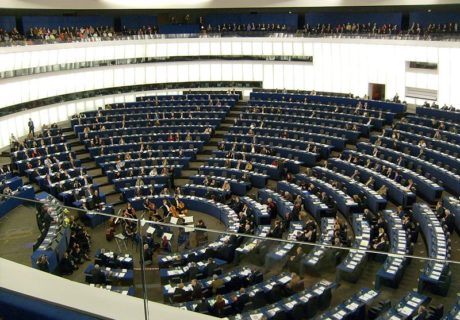The EU Commissioner for Agriculture, Dacian Cioloş, told a major conference last week that the organic food sector has a “strong hand to play in the coming years” — both in Europe and globally.
In a video address to the Biovak trade fair in Holland, Cioloş urged the organic industry to play its two “trump cards” — its strong position to influence the whole agriculture sector, and securing its place in the consumer world.
The Commissioner congratulated the sector for coming such a long ways since the EU Organic Regulation became law in 1991. He told the meeting: “So much as changed — the market has developed, networks have been structured and strengthened and organic producers have won the trust of consumers across Europe. In the process, the organic sector has moved from a niche category tucked away on corner shelves to a clearly marked and promoted one that is increasingly sought out by consumers.”
Cioloş said that the relative youthfulness of organic farmers — 36% are under 55, a much younger average age than in conventional farming — is a “sign of the sector’s vitality”. He added: “The younger generation believes in the future of organic production.”
The Commissioner said that the benefits of organic methods would be recognized in the major reforms of the EU Common Agricultural Policy (CAP) currently taking place. For example, organic farmers would receive automatic green benefits, while organic production would be better defined in the rural development programme. In addition, short distribution chains would be encouraged — an area “where organic already has a track record of success”.
He emphasized too that “member states will not only be able to promote organic to help maintain the general trend of organic farming, but also support businesses that have already made the switch”.
Additionally, CAP reform would see organic benefit from increased research and development funding “because organic has led the way for productive practices”.
The Commissioner also stressed organic’s role globally. He said: “Globally, the issue of development is fundamental to organic farming, while farming can play an important role in development. Not only can good practice, such as organic, be an important contributor to sustainable development, but it also lets farmers increase the value of their products in the eyes of consumers.”




